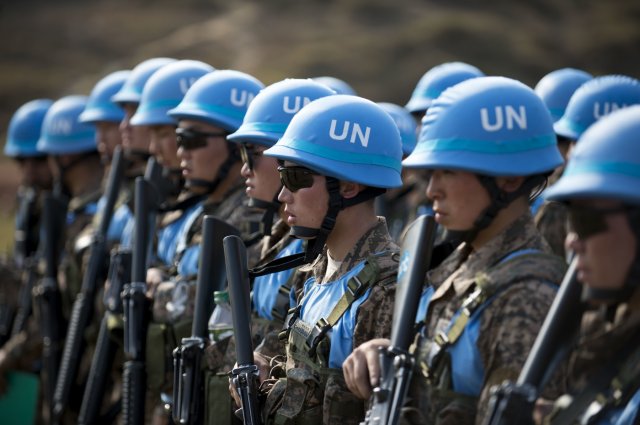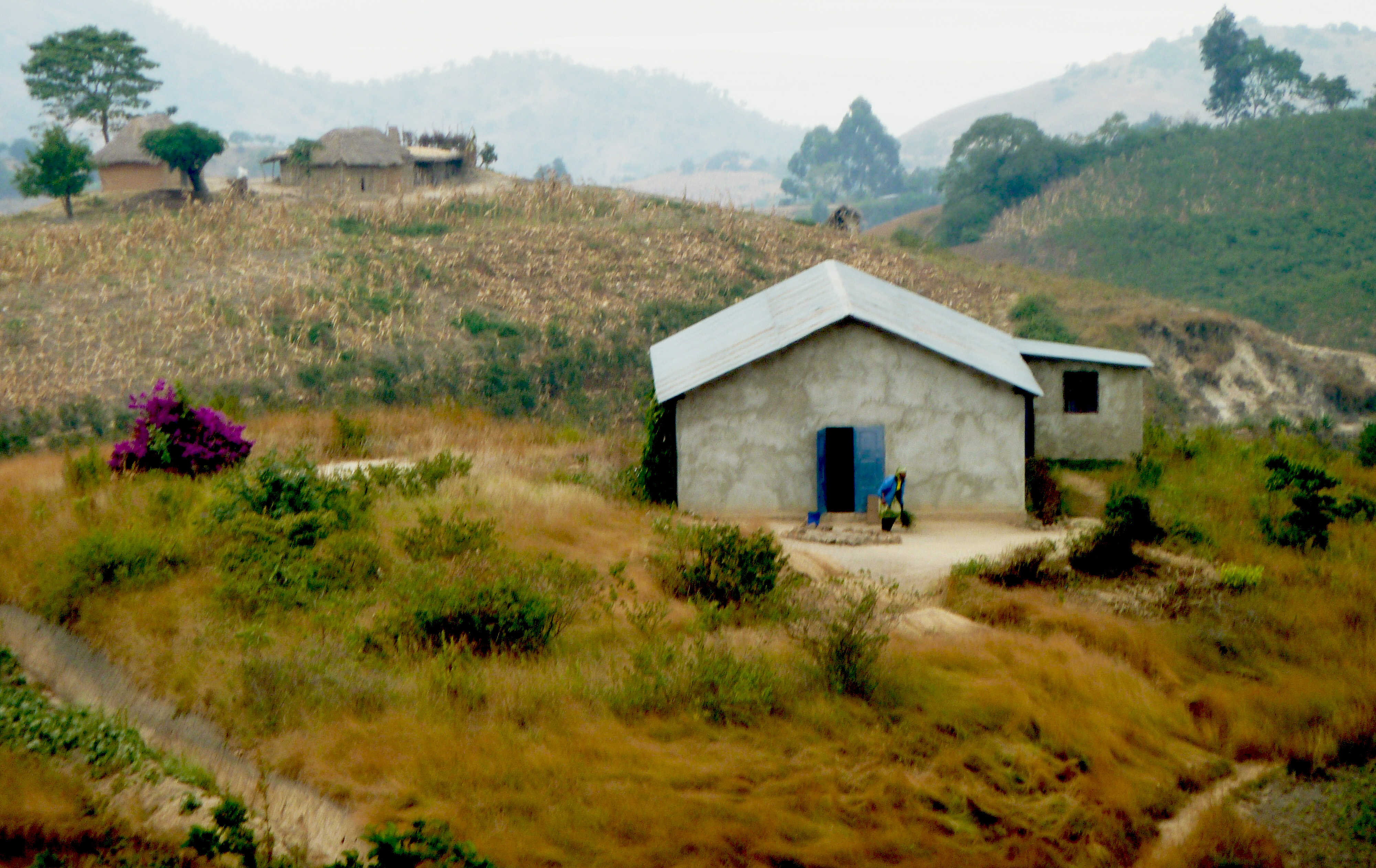International paralegal aid is often cast as uniquely effective and able to work in almost any context. Dr Geoffrey Swenson‘s post for Political Violence at a Glance shows that while paralegal assistance is a valuable tool, it’s far more constrained than currently understood. This article draws on research from the following paper: The promise and peril of paralegal aid.
In an era of ever increasing skepticism towards foreign aid, international paralegal assistance to developing countries is a rare exception. Paralegals have been lauded by the United Nations, the World Bank, and many others as a proven way to promote access to justice, human rights, and the rule of law. Paralegals are also seen as a bargain—funding paralegals costs far less than lawyers.
Even better, paralegal aid programs can often function where other initiatives don’t because there is no need for state support. For instance, paralegal programs operate in conflict-prone and fragile states, making them one of the most popular ways to promote access to justice and the rule of law.
In the global south, paralegals are independent agents for justice. This is very different from the situation in the United States and other Western European countries where paralegals function as lawyers’ assistants. In these countries, paralegals are closely supervised by practicing attorneys and often relegated to mundane tasks such as document review and filing. Elsewhere, however, paralegals are drawn from local communities and given basic legal training—they can then work independently in remote areas that fall outside the reach of state courts. While not qualified attorneys, they provide legal services, refer cases to state courts, and even resolve disputes themselves. Paralegals also work to ensure that non-state justice systems respect due process and basic human rights, especially for cases involving female clients, many of whom often face systematic discrimination. Based on their local knowledge and legal training, paralegals aim to navigate the competing spheres of state and non-state justice, seeking to ensure that both systems work better for everyone.
Why does this dual role matter? In most countries, and particularly those prone to conflict and upheaval, state courts are widely seen as expensive, unpredictable, and corrupt. Many people try to avoid them if at all possible—instead, they turn to other sources of dispute resolution that reflect cultural and religious norms. Think, for example, of the jirgas in Afghanistan that dispense justice absent—or even in spite of—state authority.
My comprehensive analysis of major paralegal programs in Timor-Leste—recently published in World Development—demonstrates the complex, nuanced influence of paralegal aid. Timor-Leste is a small half-island nation with a tragic legacy of mass violence and brutal occupation and only became independent in 2002. Following independence, the state’s capacity remained limited and the courts’ reach were largely limited to urban centers. Most disputes were settled through local village councils rather than state courts. It is exactly the sort of place you would expect a paralegal program to thrive because of the prevalence of non-state justice.
There have been two major paralegal programs since independence. The first was an Avocats Sans Frontières (ASF) program that ran from 2005-2007. ASF recruited local volunteers, usually already active in local government, to help provide community information and local education. The Asia Foundation operated a paralegal program from 2008 to 2012. It employed local community members to assist in dispute resolution, refer cases to state courts, and pass on legal knowledge. In both instances, there was a belief that by training paralegals, these individuals would provide citizens with better access to justice both now and in future.
Both projects had notable successes. Thousands of cases were resolved in areas underserved by state courts. These programs also served as a legal information hub for local populations and regularly offered referrals to state courts. In some remote districts, paralegals formed the only link between state and non-state justice.
Despite the projects successes, the experience in Timor-Leste also highlighted serious limitations to paralegal interventions. First, scholars and practitioners often fail to recognize the limits to paralegals’ independence, effectiveness, and sustainability. My research shows how paralegals are far less independent than typically acknowledged. Prior to starting paralegal initiatives, program implementers sought guidance and approval from the Ministry of Justice, and state influence on paralegals was very real. Local village authorities were also highly influential. Paralegals relied on the consent of non-state authorities—who possessed significant local authority—to do their jobs successfully. Overall, access to justice could only be improved when both state and informal authorities supported that goal.
In practical terms, paralegals often did not fully understand the civil and penal codes that were supposed to guide their behavior. Paralegals can hardly ensure that others follow the law when they lacked a firm grasp of regulations themselves. This problem was exacerbated by the fact that it was often hard to know what exactly paralegals were doing as remote areas were difficult to monitor. Finally, the hope that paralegal aid would prove sustainable without ongoing donor or government support was unfounded. Once program funds stopped flowing, so did paralegal activities…even among those who had been volunteers.
In sum, paralegals can promote access to justice in some instances—but like all foreign aid, they are no panacea. In reality, even successful paralegal programs can achieve only incremental gains. This is because progress requires aligning program priorities with powerful state and non-state actors, donors, implementers, and paralegals themselves. This is certainly possible, but it is no easy feat, especially in fragile and conflict-prone states.
Geoffrey Swenson (@geoffswenson) is a Fellow in the Department of International Development at the London School of Economics. In September 2018, he will be a Lecturer in the Department of International Politics at City University of London.
This article was first posted on Political Violence at a Glance.
The views expressed in this post are those of the author and in no way reflect those of the International Development LSE blog or the London School of Economics and Political Science.





